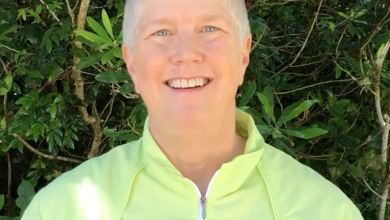THE FUTURE OF HEALTHCARE INSURANCE, PART 2
“Does anybody really know what time it is?” If we’re talking about health insurance in the United States, the resounding answer is: No. Nobody knows what time it is at all. Nobody even knows what day it is. “Does anybody really care?” Yes. It turns out everybody really cares. This is the second in a 3-part series about what’s new with our national struggle to create a sustainable healthcare system. We continue with a very brief overview of some possible paths. For more in-depth coverage, just Google any of the topics or facts presented below.
Obamacare. There are changes that could be made to improve Obamacare – many small things that would lead to big improvements. But the biggest problem, from the consumer viewpoint, is the continuous cost increases. Premiums, deductibles, co-pays and the like grow, and benefits shrink. And, the underlying drivers of insurance rate increases are medical cost increases. Think of rising insurance rates as a symptom of this deeper problem. It affects every segment of the health insurance market- not just Obamacare. American businesses providing health insurance for their employees deal with these increases every year. The cost is shared with the employees, who are often technically insured but still must struggle to pay for medical necessities. Add to that those who do not get insurance from their employer AND earn too much to qualify for tax credits on the federal marketplace. That is some serious hurt. Health insurance premiums run into the tens of thousands. It all adds up to hardship. Fixing Obamacare will not fix the medical cost problem. And without fixing the medical cost problem, our nation will continue to struggle. We need comprehensive healthcare reform, not limited to insurance reform.
Medicare For All. Medicare is a “single payer” health system already in existence. Medicare is able to set prices for medical treatments, but there are legal barriers to pharmaceutical negotiations. Medicare Part D has created competition between drug insurance plans, and has been able to control drug coverage costs this way. The idea of expanding Medicare eligibility to include people over 50 has been seen as a good way to relieve the pressure on the Obamacare system. Medicare is not perfect. There are important things that it does not cover, but it can be supplemented with additional policies. All in all, it is good, affordable healthcare insurance.
State Healthcare Insurance Programs In the “laboratory” of the states, some interesting solutions are percolating upward. Some states have sought to use Medicaid funds to create a safety net. Others are developing plans that would use ACA tax credits to buy in to state single payer systems. Next month, we will look at legislative steps that have been taken in Oregon to stabilize the situation for insurers and consumers alike.
HAVE AN IDEA? HEARD SOMETHING THAT YOU THINK MIGHT WORK? I WOULD LOVE TO HEAR IT!
Send your freshest, boldest, smartest, and/or most transformational ideas about the healthcare system that you would like to see in the future to: scarney@ashlandinsurance.com, or post to my FB page: https://www.facebook.com/SueCarneyInsurance/
I hope to feature local comments in the June issue of LG, and would love to hear from you.
See you ‘round town, sc
PS Looking to save some bucks on your home & auto insurance? I may be able to help.
Call 541.608.1863 for a quote.



